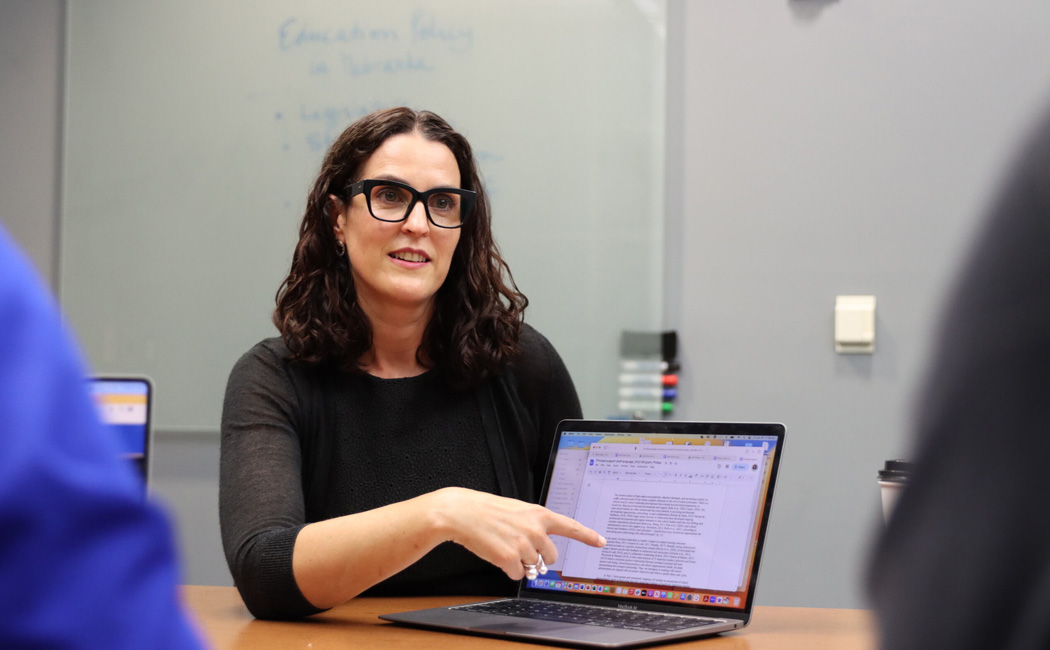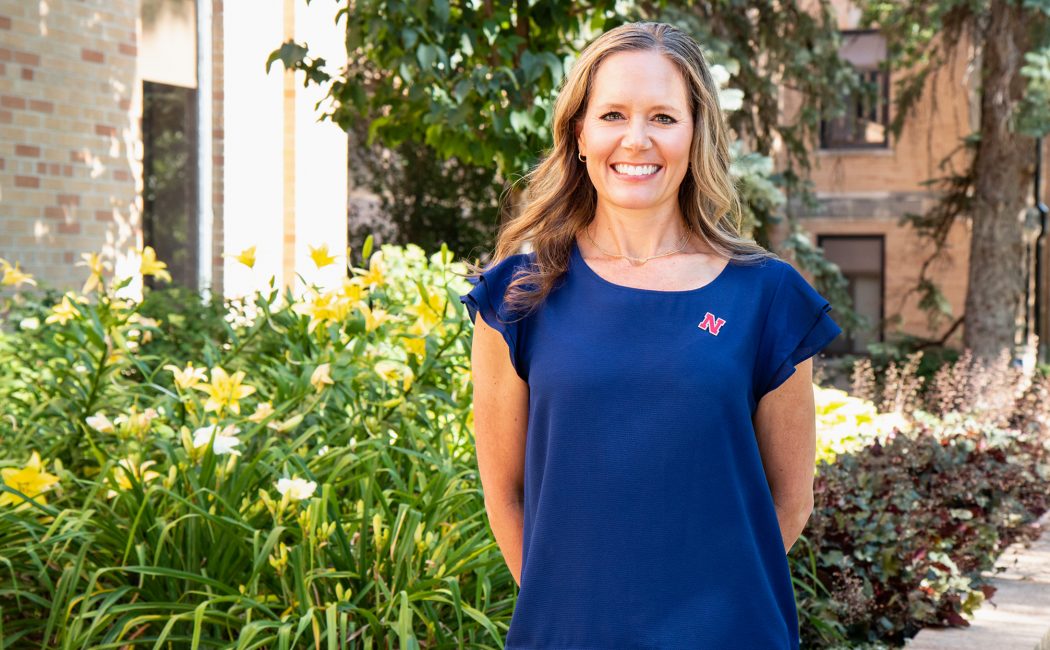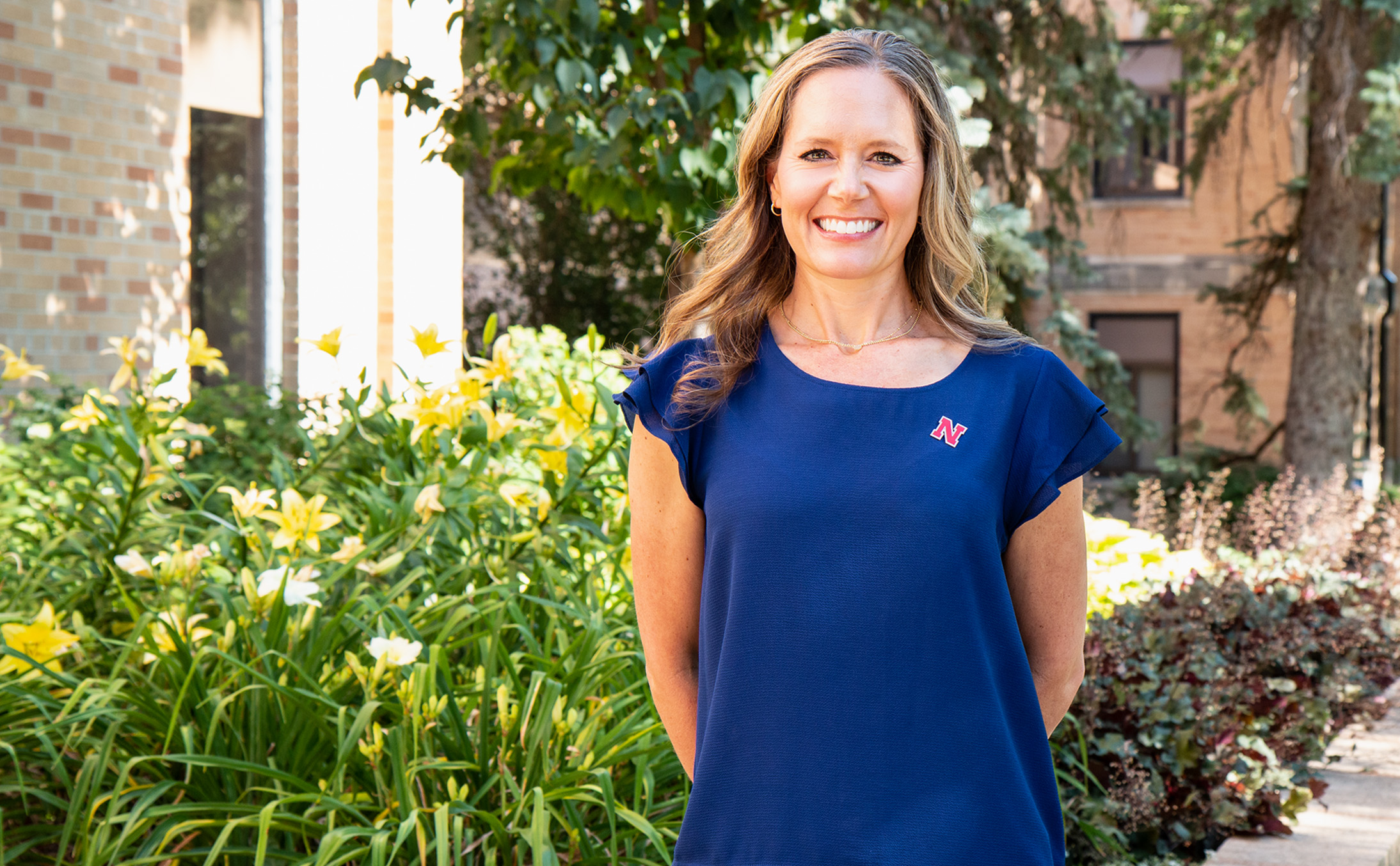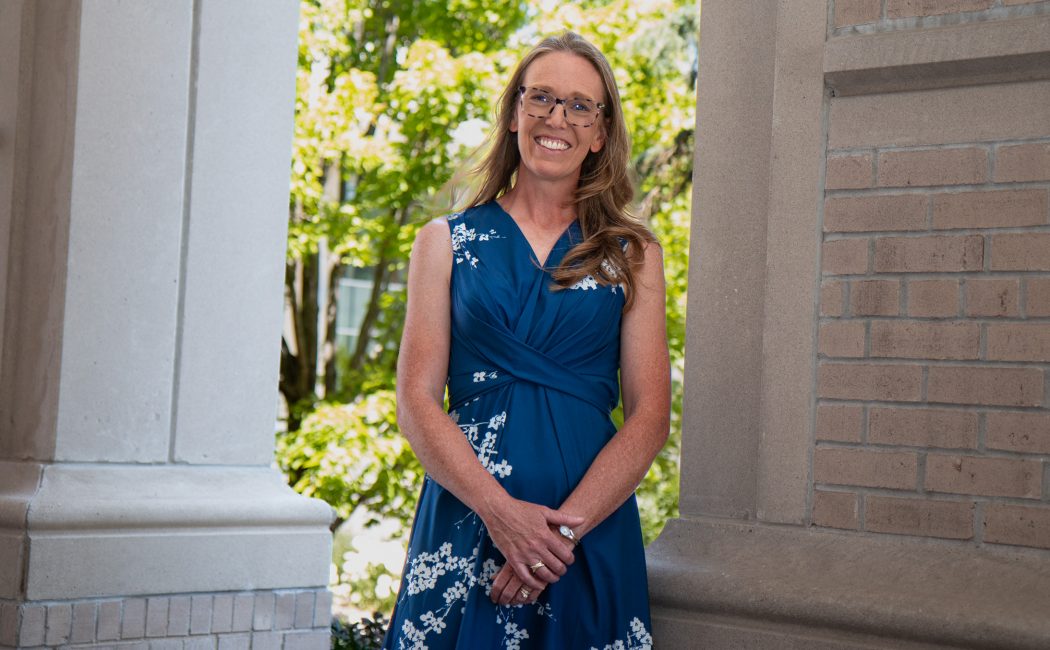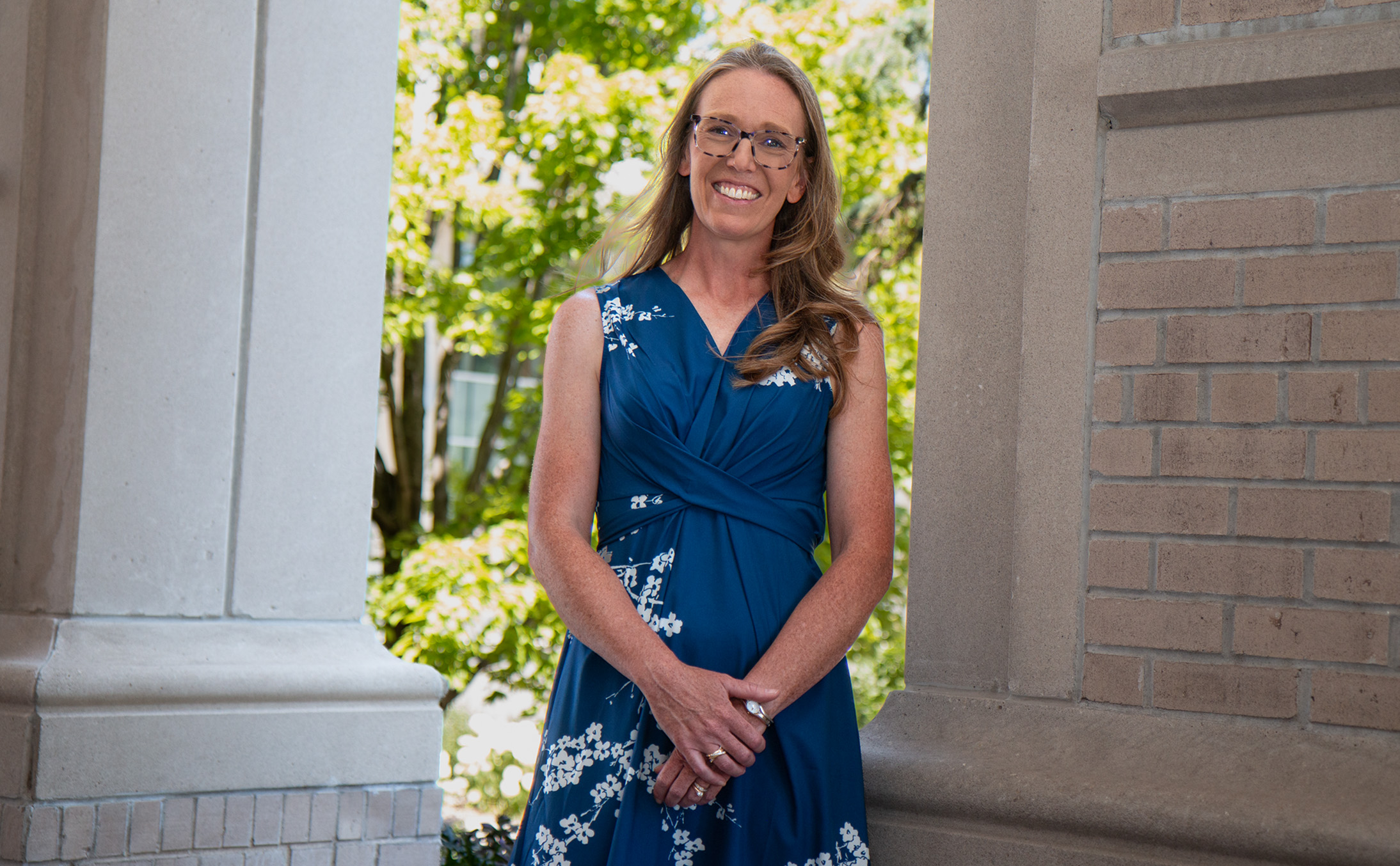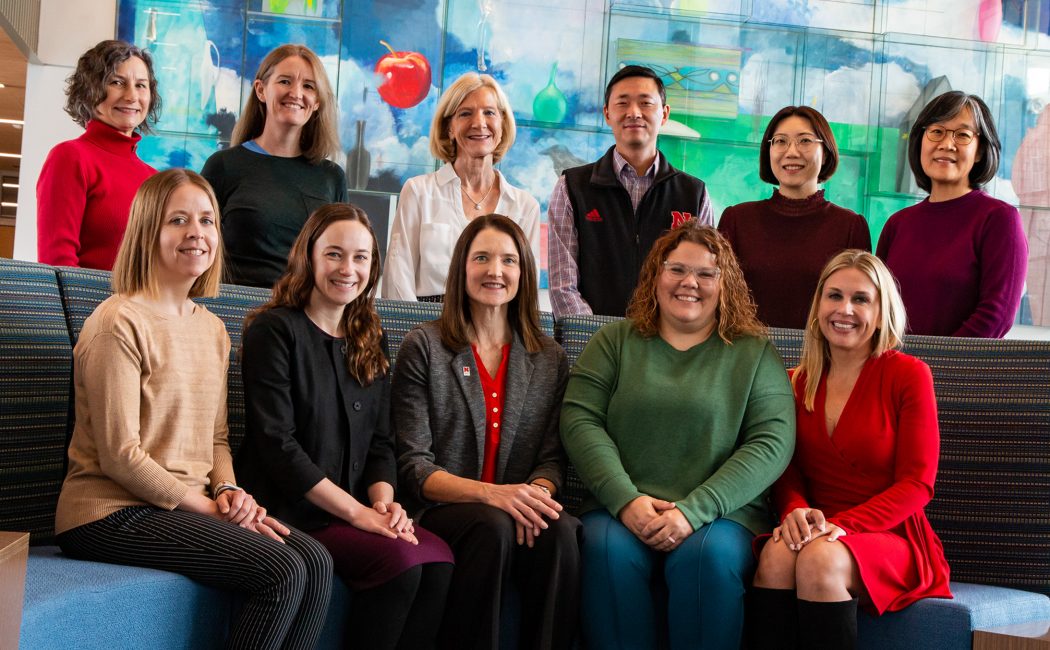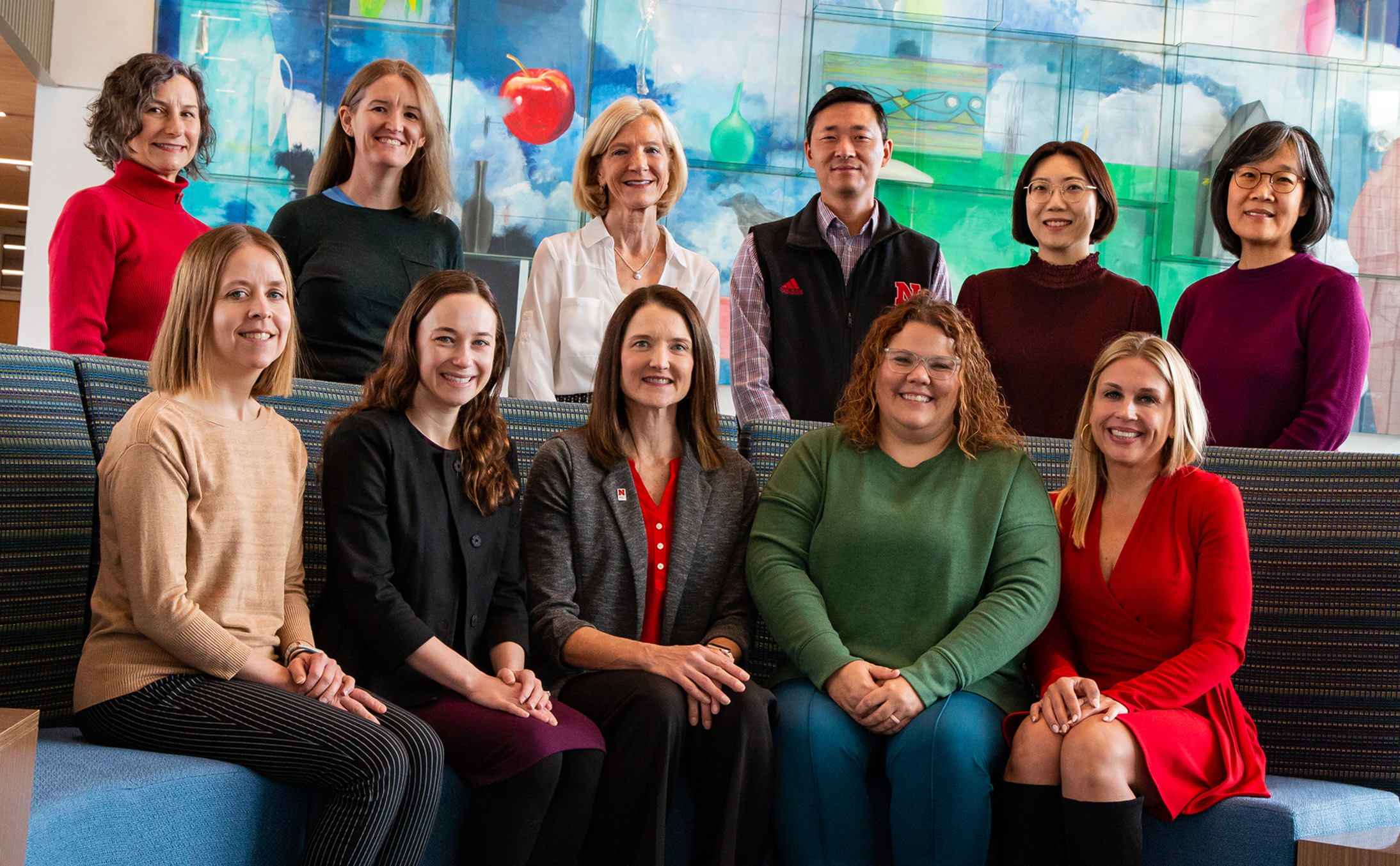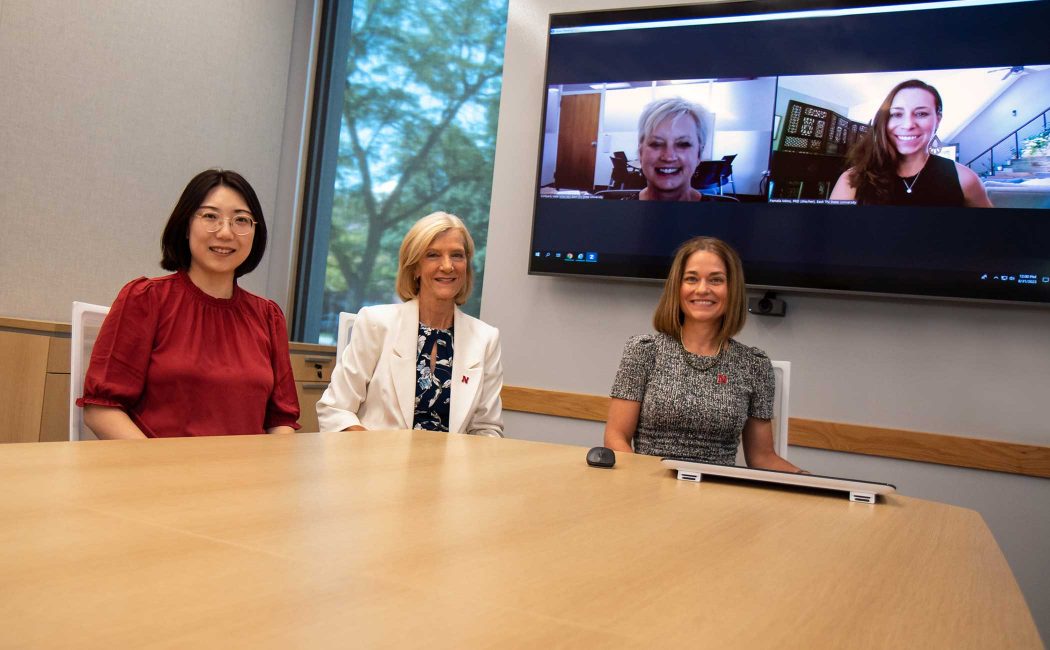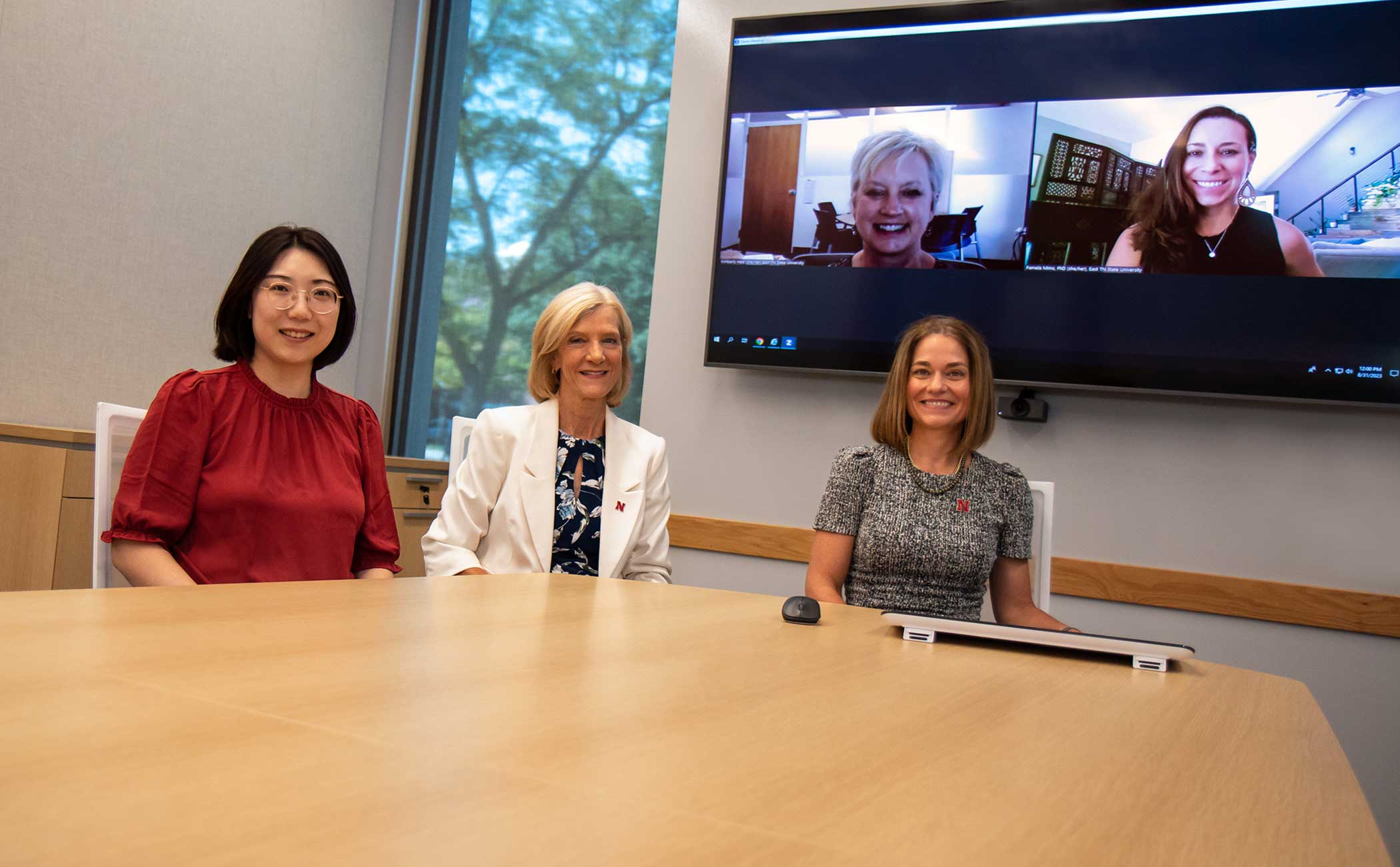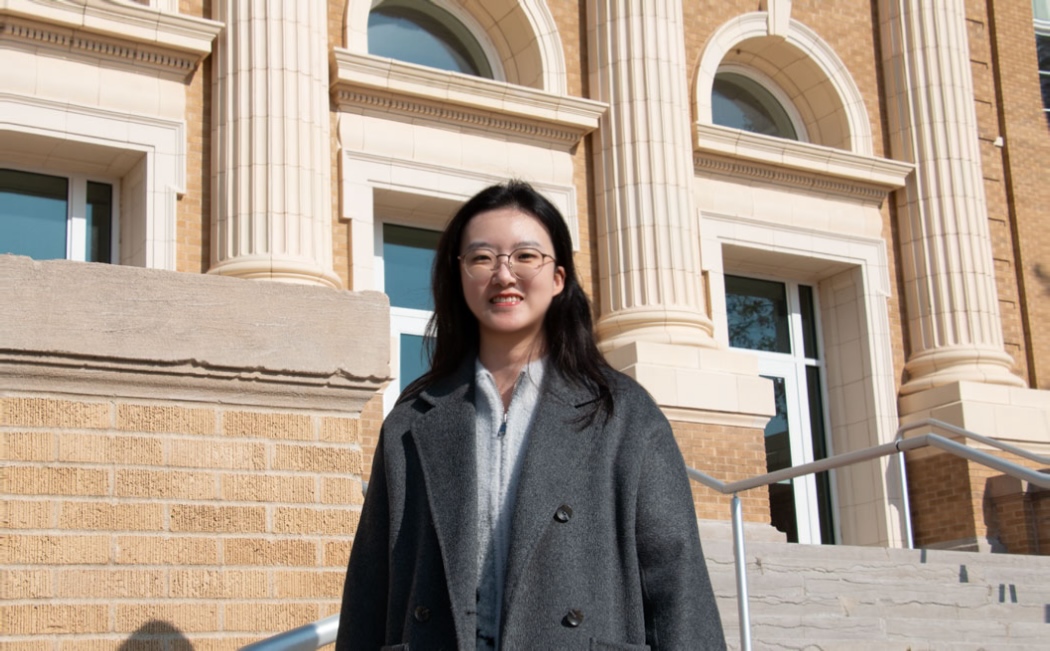
Family dynamics among caregivers tend to be complicated. They can become even more complex when grandparents take on coparenting roles.
Weiman Xu, graduate research assistant at the Nebraska Academy for Methodology, Analytics and Psychometrics (MAP Academy) and a doctoral student in the Global Family Health and Well-being program within the Department of Child, Youth and Family Studies, is exploring the association between intergenerational coparenting and children’s social-emotional development.

